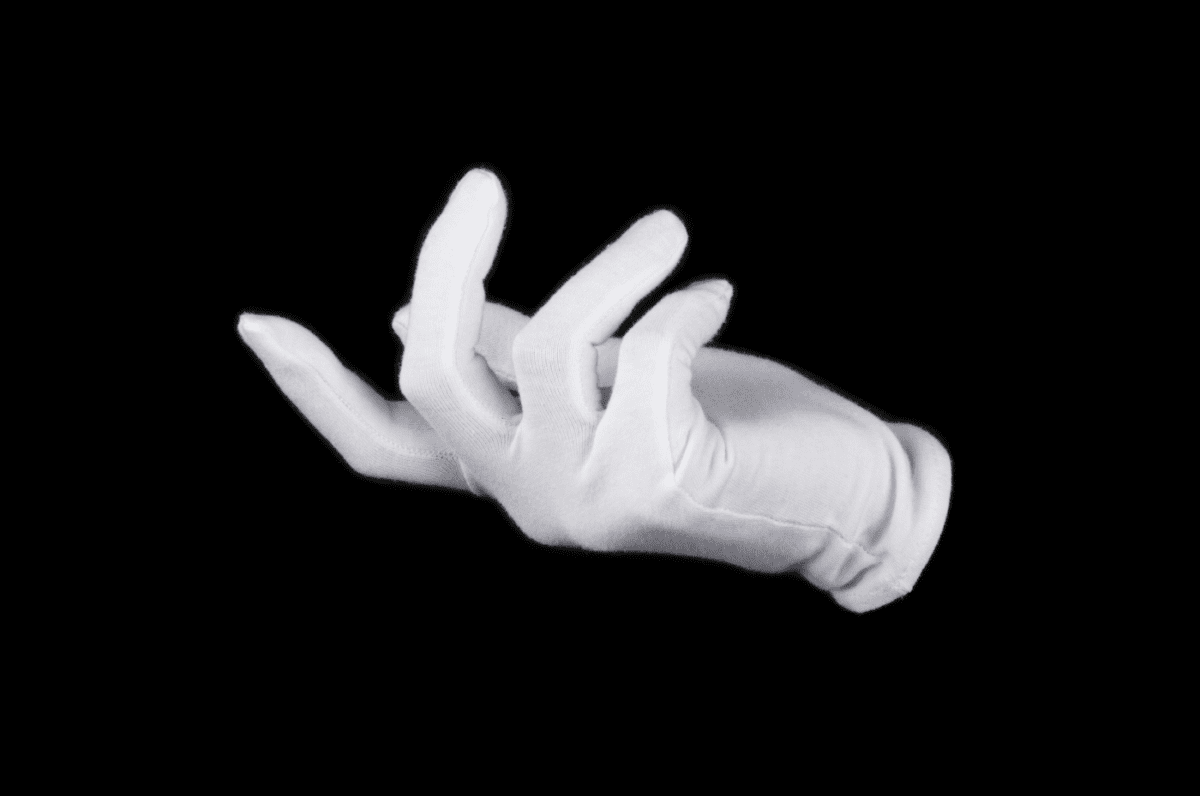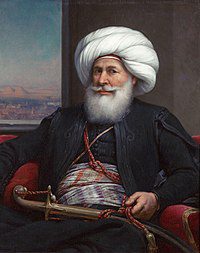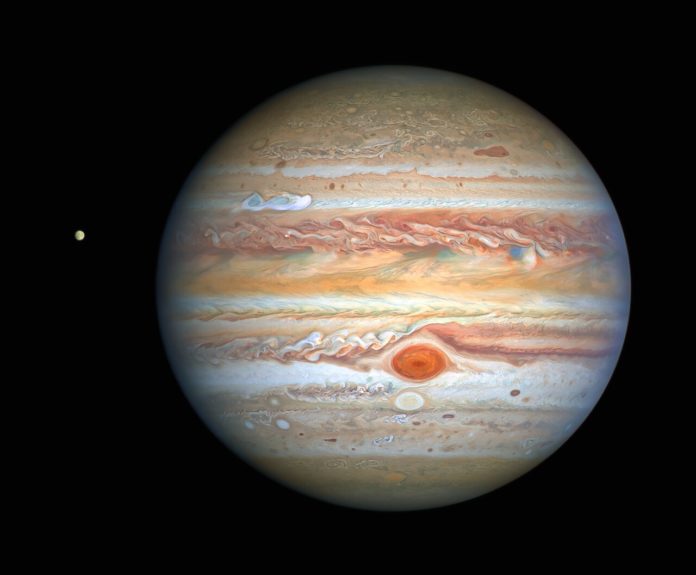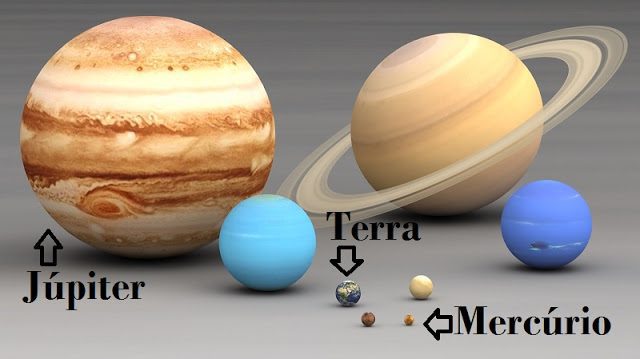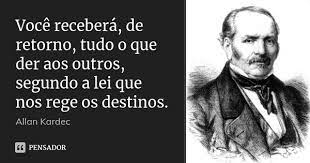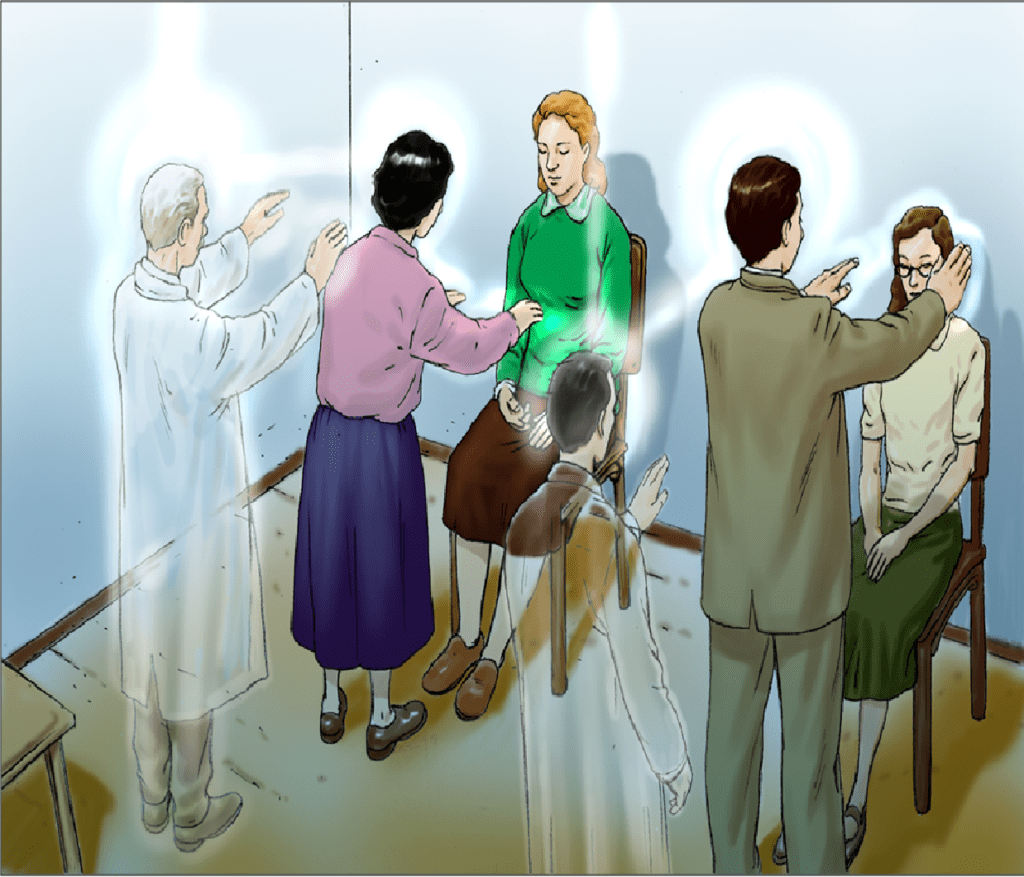Theory of physical manifestations I
Spiritist Journal — Journal of Psychological Studies — 1858 > May > Theory of Physical Manifestations I
In this Spiritist Magazine, Allan Kardec states that it is easy to conceive of the moral influence of the Spirits and the relationships they may have with our soul, or with the Spirit incarnated in us. It is understandable that two beings of the same nature can communicate through thought, which is one of their attributes, without the aid of the organs of speech. It is, however, already more difficult to realize the material effects that they can produce, such as noises, the movement of solid bodies, apparitions and, above all, tangible apparitions.
The Theory of Manifestations defended by Kardec
The theory that Kardec defends is that the Spirit, being immaterial by definition, still has something of matter, because if it had nothing, it would be nothing.
Incarnated in the body, the Spirit constitutes the soul. When he leaves it, with death, he is not stripped of all the envelope. We are all told that they retain the form they had when they were alive; indeed, when they appear to us, it is usually in the form in which we knew them.
Let us observe them attentively as they leave life: they are in a state of disturbance; around you everything is confused; they see their own body, whole or mutilated, according to the type of death. On the other hand, they see and feel themselves alive; something tells them that this is their body, but they don't understand how they can be separate. The bond that united them is not yet completely broken.
After the moment of disturbance, the spirit sees itself free from the carnal envelope that served it as a cage, which it was divested of without regret, but continues to see itself in its primitive form.
Certain manifestations produced by Mr. Home and by other mediums of the same kind occur with the appearance of hands that have all the properties of the living ones, which we touch, which hold us and which suddenly dissolve.
What are we to conclude from this? See the most outstanding concepts present in the Magazine:
The soul and the perispirit
The soul does not leave everything in the coffin: it takes something with it.
There are two kinds of matter in us: a gross one, which constitutes the outer envelope; the other subtle and indestructible. Death is the destruction, or rather the disintegration of the first, of that abandoned by the soul; the other stands out and follows the soul, which thus always continues to have an envelope.
We call this envelope perispirit. This subtle matter, as it were, extracted from all the parts of the body to which it was attached during life, retains its form. This is why all spirits are seen and why they appear to us as they were in life.
The perispirit does not have the tenacity or rigidity of the compact matter of the body: it is flexible and expansive. This is why the form it takes, even though it is based on that of the body, is not absolute: it bends to the will of the Spirit, which gives it, as it wishes, this or that appearance, while the solid envelope offers it an insurmountable resistance. .
Untangling itself from this obstacle that compressed it, the perispirit stretches or contracts; it transforms itself and, in a word, lends itself to all metamorphoses, according to the will that acts upon it.
Kardec points out that, through extensive studies, the subtle matter that constitutes the second envelope of the Spirit only gradually detaches itself from the body, and not instantly.
That said, experience still proves that the duration of this detachment varies with individuals. In some it takes three or four days, while in others it is not completed until after several months.
How does the separation of the Spirit occur after the death of the body?
In some people, separation begins before death: they are those who, in life, were elevated by thought and the purity of their feelings, above material things.
In them death finds only weak bonds between soul and body, which are broken almost instantly. The more materially man lived; the more his thoughts have been absorbed in the pleasures and worries of the personality, the more tenacious are those bonds. It seems that subtle matter is identified with compact matter and that a molecular cohesion is established between them. This is why they only separate slowly and with difficulty.
In the first moments after death, when there is still union between the body and the perispirit, the latter preserves much better the impression of the corporeal form, which, so to speak, reflects all the nuances and even all the accidents. This is why one of the victims told us, a few days after his execution: If you could see me, you would see me with my head separated from my torso. A man who had been murdered told us: Look at the wound they made in my heart. He thought we might see him.
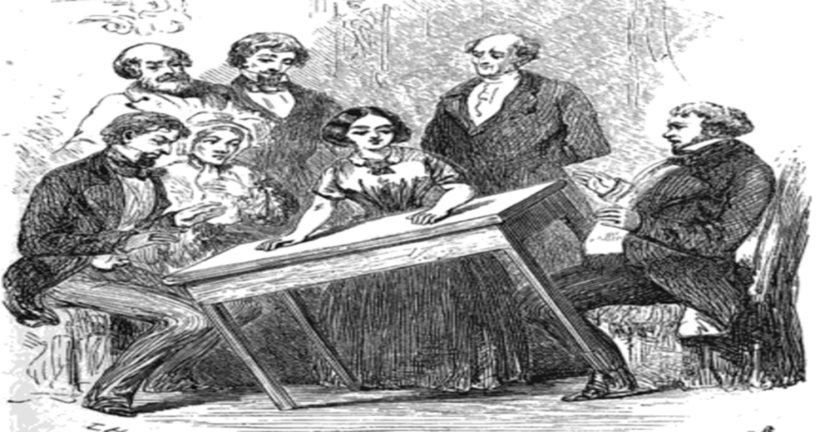
Sensation of the Spirits
Let us imagine the Spirit clothed in its semi-material envelope, or perispirit, having the form or appearance that he had when he was alive. Some even use this expression to designate themselves: my appearance is in such a place. The matter of this envelope is subtle enough to escape our sight in its normal state, but it is not completely invisible. To begin with, we see it through the eyes of the soul, in the visions produced during dreams. But that's not what we want to deal with. In this etherealized matter there can be a modification; the Spirit itself can make it undergo a kind of condensation that makes it perceptible to the eyes of the body. This is what happens in vaporous apparitions. The subtlety of this matter allows it to pass through solid bodies, which is why such apparitions encounter no obstacles and why they so often disappear through walls.
Condensation can go so far as to produce resistance and tangibility. This is the case with hands that we can see and touch. But this condensation - and this is the only word we can use, to give an idea, albeit imperfect, of our thought - this condensation, we were saying, or even this solidification of ethereal matter, is only temporary or accidental, because this condensation it's not your normal state. This is why, at a given moment, tangible apparitions escape us like a shadow. Thus, in the same way that a body appears to us in a solid, liquid or gaseous state, depending on the degree of condensation, so the ethereal matter of the perispirit can appear to us in a solid, visible vapor or invisible vaporous state.
How does spiritual matter appear to us?
The apparent, tangible hand offers resistance: it exerts pressure, leaves impressions, operates a traction on the objects we hold. There is, therefore, a force in it. Now, these facts, which are not hypotheses, can lead us to the explanation of physical manifestations.
Let us note, first of all, that this hand obeys an intelligence, since it acts spontaneously; it gives unmistakable signs of a will and obeys a thought: it therefore belongs to a complete being, which only shows us that part of itself, and the proof is that it produces impressions with the invisible parts; teeth leave marks on the skin and produce pain.
Among the various manifestations, one of the most interesting is, without a doubt, the spontaneous playing of musical instruments. Pianos and accordions are apparently the instruments of choice. This phenomenon is explained very naturally by the foregoing. The hand that has the strength to pick up an object may also have the strength to press down on the keys and make them sound. In fact, on several occasions we saw the fingers in action, and when the hand is not seen, the keys are seen moving and the bellows stretching and closing. The keys can only be moved by an invisible hand, which shows intelligence, playing perfectly rhythmic arias and not incoherent sounds.
Since that hand can dig its nails into our flesh, pinch us, snatch what we have in our hand; since we see her pick up and carry an object, just as we would, she can also hit us, lift and knock down a table, ring a bell, pull a curtain, and even give us an invisible slap.
You will perhaps ask how this hand, in the vaporous invisible state, can have the same strength as in the tangible state. And why not? Do we see air topple buildings, gas launch projectiles, electricity transmit signals, magnet fluid lift masses? Why would the ethereal matter of the perispirit be less powerful? But we don't want to subject it to our laboratory experiments and our algebraic formulas. Mainly because we have taken gases as a term of comparison, we will not attribute identical properties to them, nor compute their strength in the same way as we calculate that of steam. So far it eludes all our instruments. It is a new order of ideas, outside the scope of the exact sciences. That is why these sciences do not offer us the special ability to appreciate them.
the movement of bodies
We give this theory of the movement of solid bodies under the influence of spirits only to show the matter in all its aspects and to prove that, without departing too far from received ideas, it is possible to realize the action of spirits on inert matter. There is, however, another, of high philosophical scope, given by the Spirits themselves, which sheds an entirely new light on this problem. It will be better understood after you have read it. In fact, it is useful to know all the systems in order to be able to compare them.
It remains now to explain how this modification of the ethereal substance of the perispirit takes place; by what process does the Spirit operate and, consequently, the role of mediums of physical influence in the production of these phenomena; what in such circumstances happens to them; the cause and nature of his faculties, &c.
This is what will be done in the next article.
